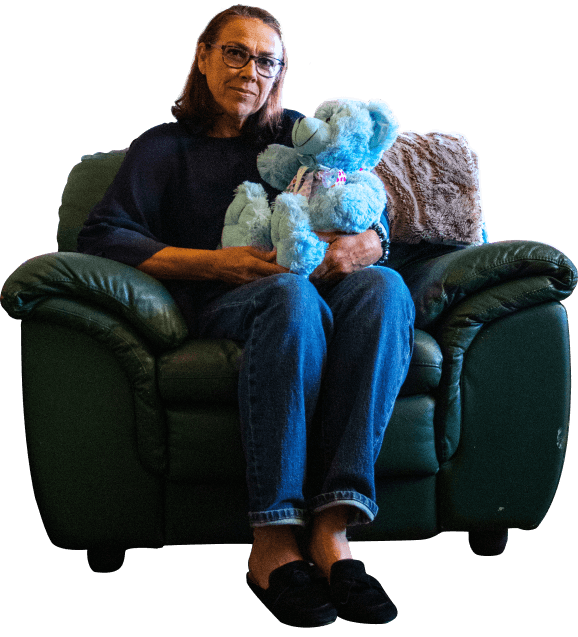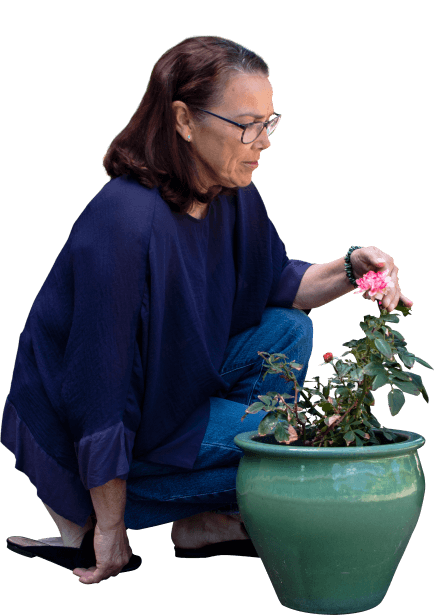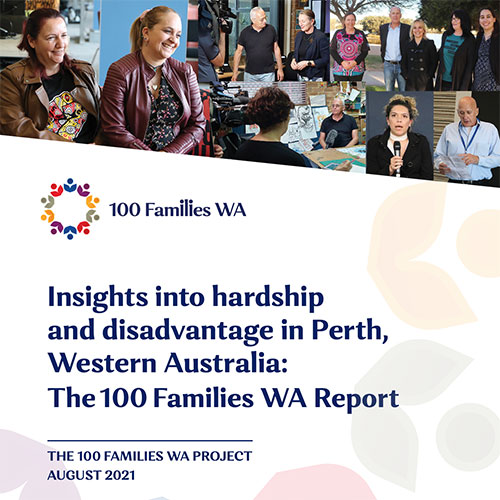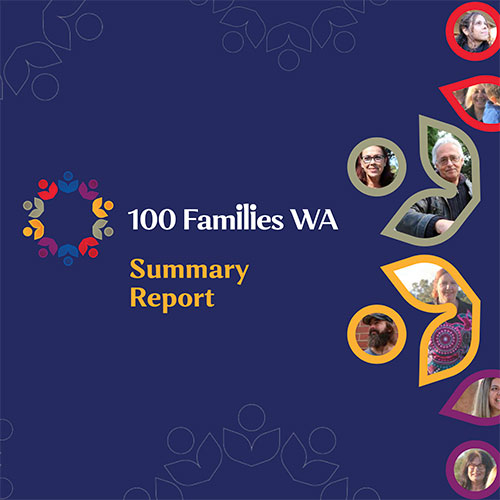Lewis, my little grandson, and I went to Centrelink today. We had to wait for almost two hours to be seen with no toys, books, or a toilet for us to use. We eventually were sat with a staff member whose first question was “what are you here for?”. I explained my situation.
In a very matter-of-fact way, the staff member told me that I can claim the Family Tax Benefit and parenting payment for the children but that this takes it away from Sarah. I know this would leave her with hardly any money and she would struggle to pay her rent. I can’t do that to her. Anyway, she may try and take the children back if I do that.
I was very upset but the person didn’t offer me any sympathy. As a mature person, I thought I would be treated with more respect or at least kindness.
I don’t have much savings. I could increase my hours again at work, but then who will care for the kids? I don’t know what else to do here, it’s all too much to take in.






















